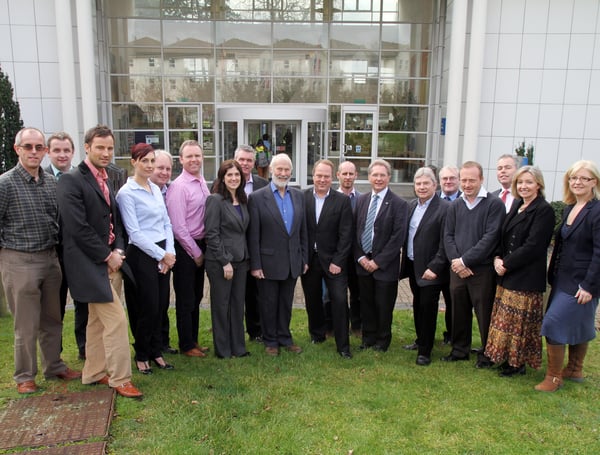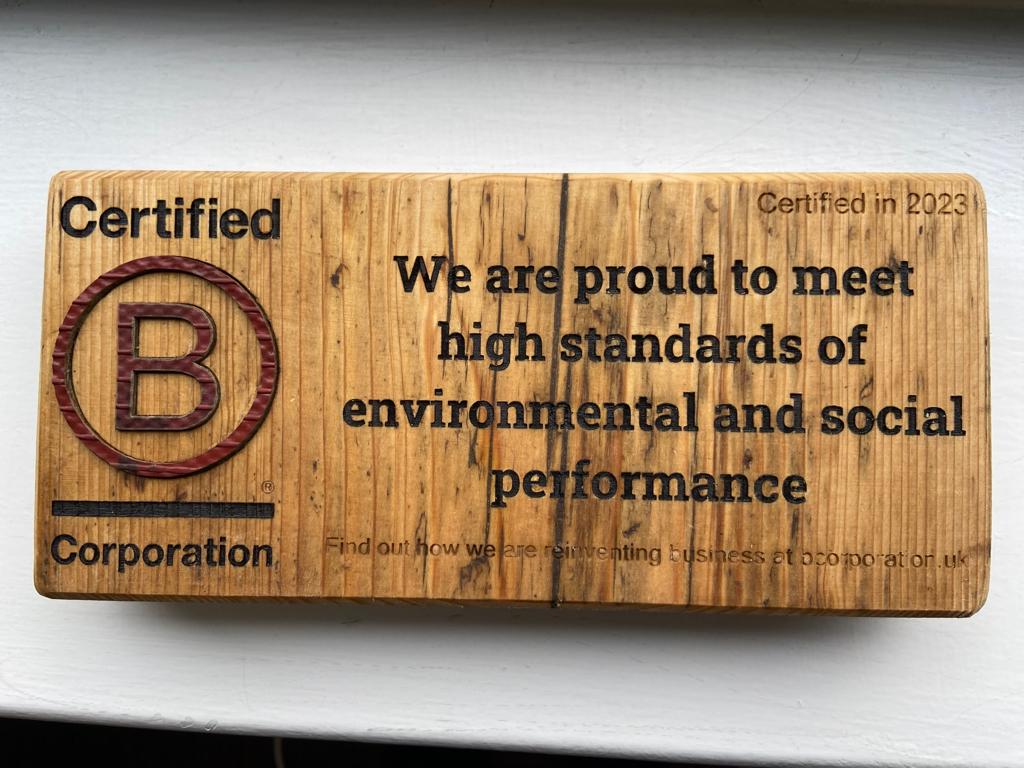On 25th January 2012, ten years ago, our very first LEAD™ program was launched with a spellbinding Masterclass on Leadership Challenges by Sir Chris Bonington to some of the region’s leading business people.
Sir Chris Bonington is one of the most successful expedition leaders in the history of mountaineering and has established a reputation as an outstanding motivational speaker. He uses the superbly illustrated story of one of his two major expeditions to Everest as a case study on the essential need to balance leadership and management to achieve success.
It was the largest and most complex expedition ever to leave Britain, tackling what is arguably the most daunting challenge in the history of climbing – Everest: the Hard Way. Five strong expeditions had already tried and failed. During the Masterclass, however, the LEAD™ delegates joined him on the first ever ascent of the South West face of Everest in 1975.

The South West face of Everest
photo: https://commons.wikimedia.org
Comparisons to business life were in much abundance. Sir Chris had grabbed the opportunity to get the only available pass to climb Everest before he had the funding in place, and immediately began building his team and ordering resources. Very entrepreneurial!
The topics examined were ones of leadership and group dynamics rather than climbing tactics, enabling all of the delegates to participate in the climb, exploring different ways to deal with issues as they occurred in his story of the expedition.
First Sir Chris took them through the planning process, leadership and decision-making and then on to the climb itself, setting the scene for the ascent itself, exploring the characters involved, detailing his thinking prior to taking action, and giving all the relevant information before stopping to ask the delegates for their solutions to the problems involved.
Sir Chris then compared suggested ideas to his decisions and the outcomes that followed. As the Masterclass proceeded the group was encouraged to make the connections to their own business contexts and workday challenges, getting them to compare these with the issues that they explored together 'on the mountain'.
Some of the challenges and dilemmas with which Sir Chris was confronted with on the way included:
- Motivating the Sherpa work force
- Dealing with conflicts of interest caused by individual ambition among team members
- Selecting the summit teams
- Motivating the rest of the group
- Coping with crisis
- Analysing mistakes as well as successes
Key to his leadership success was delegation, choosing good people and then trusting them with their specialisms. As the team delivered, the trust was repaid and there was the creation of a bond of trust. This is an excellent recipe for any leader in any organisation.
Sir Chris stated that a leader must have a vision of what is to be achieved, share it with the team (sell it if necessary) and listen to the team who may have better ideas. He suggested that the leader should go and have a look at issues themselves, and be prepared to change their mind by using their judgement.
Sarah Bryars, CEO, Target PR, and one of the delegates from Cohort 1 at the Masterclass, reflected:
"In a key moment of conflict when his decision-making was being questioned he used his calm personable style to engage the whole team to listen to the challenger. He had planned for years this moment and his instinct was that the suggestion would not work. Nevertheless, he went to check out for himself the new information that the challenger had advanced. Through open questioning and active listening he diffused the situation so that all in the party could discuss calmly and rationally the new option before they all agreed that the best route forward was still the original plan."
Sir Chris encourages leaders to be receptive to team members’ feelings, let them be involved in decision-making and make them feel the leaders’ ideas are their ideas, i.e. become a subtle leader. Sir Chris recommended that leaders “lose the pips on their shoulders”, work with their team and earn their respect, to get people to come with them and be relaxed.
A leader must think things through thoroughly. Sir Chris advocates asking open questions, not critical ones, so that team members can examine risks, as well as asking the right questions to avoid arguments and conflict. He argues that this is a good strategy for dealing with difficult subjects. He recommends that a leader should not give their opinion at the beginning as this enables the leader to move without losing face.
Interestingly, Sir Chris did not fear failure but saw failure as a learning opportunity to succeed next time.
Since the mountaineer, writer and lecturer addressed this first LEAD™ cohort, over 200 other business leaders have also participated on the program with the next cohort starting in April.

Cohort 1 with Sir Chris Bonington, January 2012
L-R: Tim Watkins, Managing Partner, Randall & Payne, Tim Bodenham, Managing Director, BAM Agency, Paul Bence, Managing Director, George Bence & Sons, Linsey Temple, CEO of Gloucestershire Engineering Training, Stewart Barnes, CEO, QuoLux™, Peter Mardon, Managing Partner, WSP Solicitors, Rachael Ramos, Director, QuoLux™, Chris Creed, CEO, Creed Foodservice, Sir Chris Bonington, Chris Gibbs, Neil Blackman, Managing Director, Greenhill Construction, Martin Spray CBE, CEO, Wildfowl & Wetlands Trust (WWT), Nick Denning, Managing Director, Procol, John Workman, Managing Partner, BPE Solicitors, Luke Freeman, Joint-CEO, MF Freeman Group, Gerard Cooper, Director, Allcooper, Ruth Cook, Managing Director, GWP Group, and Sarah Bryars, CEO, Target PR
Everest casts a shadow 200 miles long. Professor John Oliver OBE, former CEO of Leyland Truck and LEAD™ Masterclass speaker asks, “How long is the cast of your leadership shadow?”
Aimed at MDs, directors and senior managers of SMEs, LEAD™ is a 10-month program including Masterclasses with inspirational expert speakers, one-to-one coaching sessions, action learning workshops and business shadowing and exchanges where directors are sent into each other’s businesses to observe leadership and undertake strategic projects.
If you are interested in finding out more about how we help our delegates to improve their leadership skills in order to develop themselves, their teams and their organisations, please get in touch with Jo Draper or Stewart Barnes. Our next effective leadership program for senior leaders (LEAD™) starts in April.
To read more about Sir Chris's epic story, you can find his book 'Everest The Hard Way' here




